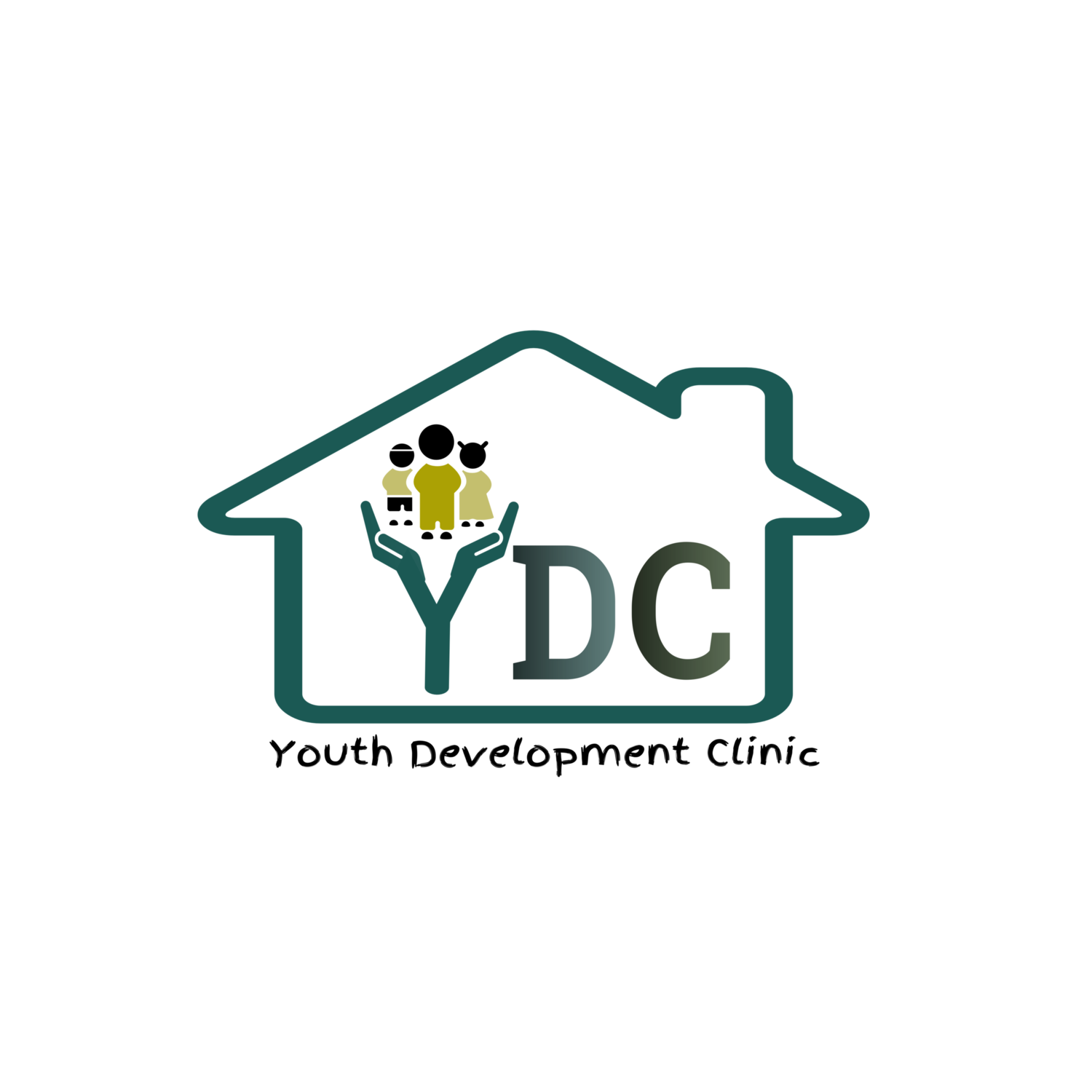As we approach our 60th anniversary this November, it is worthwhile to pause and reexamine our roots. In 1958, the Youth Development Clinic of Newark was incorporated with the support of Prudential Insurance Co. and the Newark Board of Education. The original statement of purpose is below:
“To maintain a service or clinic to which Newark children under the age of 21 years, and adults from Service Area 4 may apply or be referred for diagnosis, case treatment of and for mental emotional disturbances or illnesses; to assist by every lawful means the dissemination of information regarding the work of the said service and/or clinic; to work in cooperation with other agencies and individuals interested in the welfare of children toward the end that the mental health of all persons: in the community, and particularly of its children, shall be safeguarded and promoted; and to foster interest among its members and throughout said community in, and develop supports for, the work of the clinic in order to increase its scope and effectiveness”.
The YDC office was originally located at 990 Broad Street then moved to 303-309 Washington Street, then to Columbia Street, and after being displaced to make room for the Prudential Center, to its present location at 500 Broad Street.
Today, we find ourselves in a very different climate, but the main tenets of our original mission remain: to provide high-quality mental health services to the children and families of Newark and deliver these services in community settings. Just as our mission has little changed, we have reclaimed our original name: Youth Development Clinic of Newark, which provides important continuity and name recognition.
We continue to “keep the mission alive” through a renewed emphasis on serving clients with Medicaid insurance, as well as clients referred by child protective services in our community-based mental health clinic. In fact, demand has increased to the extent that we are looking at securing additional space to accommodate rapidly increasing numbers of children and families requesting services. In addition, we are working in five Newark schools to provide behavioral and mental health support to students.
Thanks to all our funders and supporters – you’re needed more now than ever. Also, thank you to our extraordinary and highly capable group of clinicians and administrators who are passionate about the work we do. Finally, I hope that you will continue to consider yourself as part of the “YDC family”. Here’s to continuing to grow and adapt for another 60 years!
Mark Kitzie, PsyD
Executive Director
Youth Development Clinic of Newark


